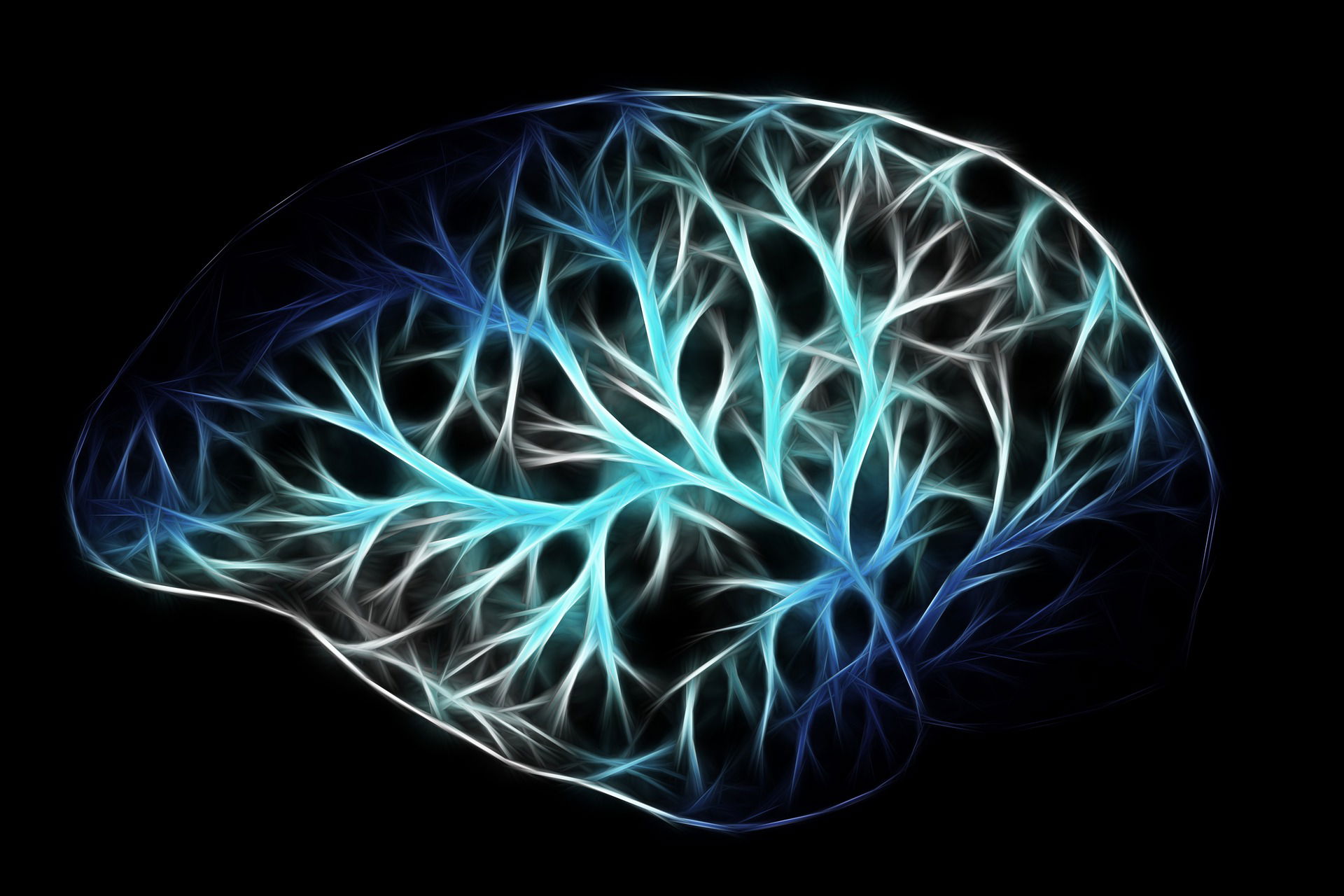What are the effects of stress on the human brain?

Jason Brien.
Stress is a natural response that our body and brain have to perceived threats or challenges. When we experience stress, our brain releases stress hormones, such as cortisol and adrenaline, which trigger a series of physiological changes designed to help us respond to the situation.
In the short term, stress can actually be beneficial, as it can improve focus, memory, and motivation. However, chronic or excessive stress can have negative effects on the brain. Prolonged exposure to high levels of stress hormones can lead to structural and functional changes in the brain, including:
1. Shrinkage of the prefrontal cortex:
The prefrontal cortex is responsible for decision-making, impulse control, and rational thinking. Chronic stress can lead to a reduction in the size of this brain region, affecting our ability to make sound decisions and regulate emotions.
2. Disruption of the hippocampus:
The hippocampus plays a crucial role in memory formation and learning. Chronic stress can impair the functioning of the hippocampus, leading to memory problems and difficulties in forming new memories.
3. Imbalance in neurotransmitters:
Stress can disrupt the balance of neurotransmitters, such as serotonin and dopamine, which are involved in mood regulation. This imbalance can contribute to the development or exacerbation of mental health conditions, such as anxiety and depression.
4. Increased inflammation:
Chronic stress can trigger an inflammatory response in the brain, leading to the production of pro-inflammatory molecules. This chronic inflammation has been linked to various neurological disorders, including Alzheimer's disease and Parkinson's disease.
It is important to manage stress effectively to protect the brain's health. Engaging in stress-reducing activities like exercise, mindfulness meditation, and social support can help mitigate the negative effects of stress on the brain. Additionally, seeking professional help, such as therapy or counseling, can be beneficial in learning coping strategies to manage stress more effectively.